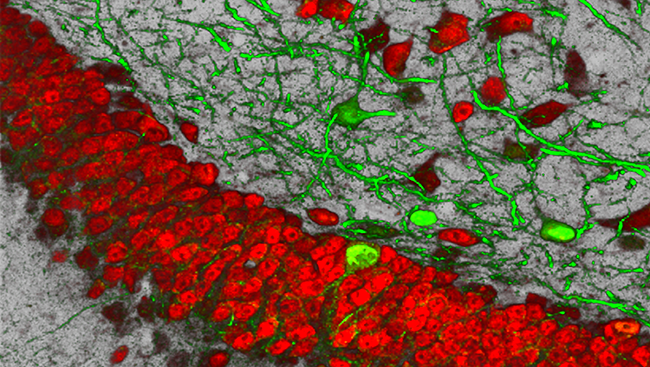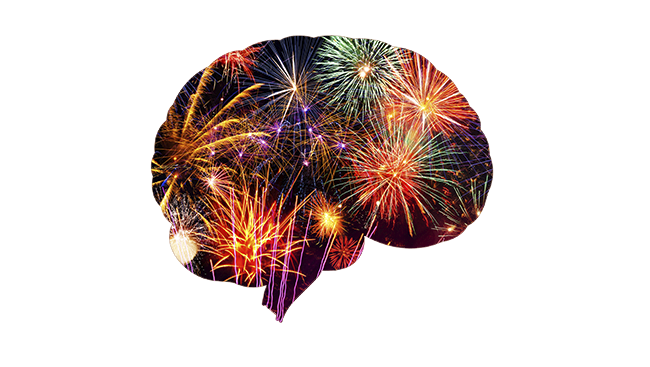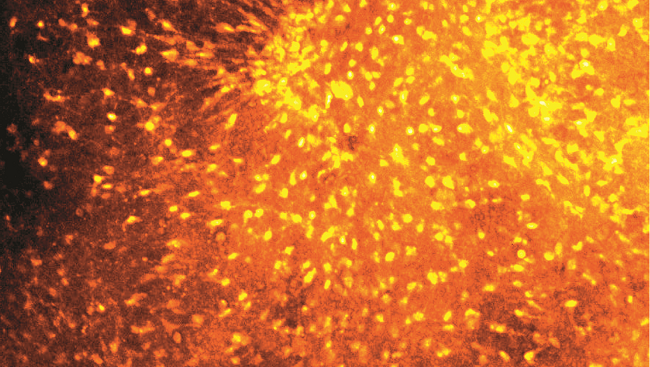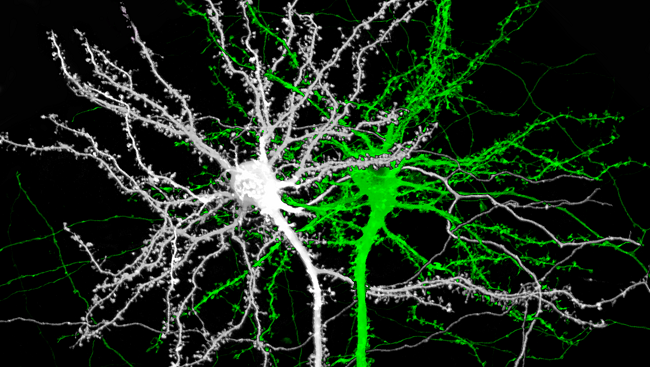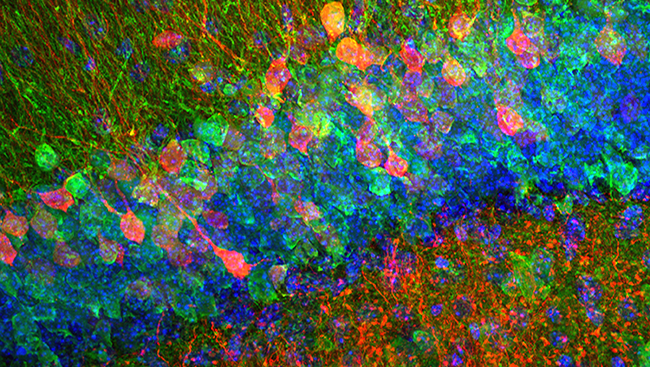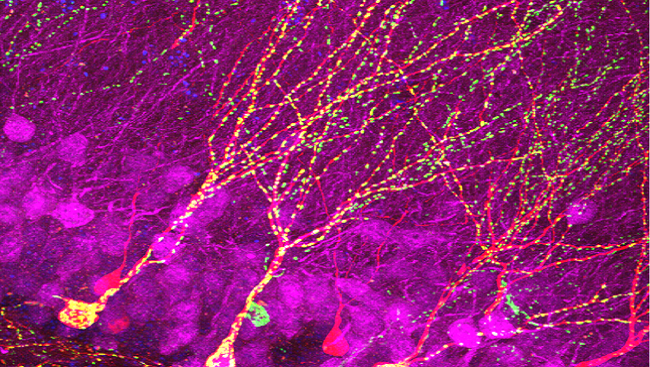Filter
-
(5)
-
(3)
-
(4)
-
-
(2)
-
(9)
-
(19)
-
(3)
-
(1)
-
(1)
-
(2)
-
(1)
-
(1)
-
(1)
-
(1)
-
(15)
-
(1)
-
(3)
-
(1)
-
(1)
-
(1)
-
(1)
-
(1)
-
(1)
-
(3)
-
(1)
-
(1)
-
(1)
-
(2)
-
(1)
-
(2)
-
-
(6)
-
(2)
-
(4)
-
-
(1)
-
(4)
-
(1)
-
(1)
-
(2)
-
-
(96)
-
(45)
-
(11)
-
(49)
-
(3)
-
(5)
-
-
(7)
-
(1)
-
(7)
-
(1)
-
-
(23)
-
(1)
-
(1)
-
(19)
-
(4)
-
-
(4)
-
(4)
-
-
(2)
-
(1)
-
(1)
-
-
(4)
-
(8)
-
(1)
-
(3)
-
(2)
-
(1)
-
(2)
-
(1)
-
-
(46)
-
(4)
-
(1)
-
(1)
-
(4)
-
(2)
-
(3)
-
(22)
-
(7)
-
(9)
-
-
(5)
-
(10)
-
(4)
-
(2)
-
(6)
-
-
(5)
-
(1)
-
(4)
-
(2)
-
(1)
-
(1)
-
-
(3)
-
(31)
-
(13)
-
(3)
-
(1)
-
(8)
-
-
(8)
-
(1)
-
(1)
-
(2)
-
(3)
-
(4)
-
-
(17)
-
(2)
-
(17)
-
-
(1)
-
(2)
-
(12)
-
(7)
-
(5)
-
(1)
-
-
(1)
-
(1)
-
-
(23)
-
(8)
-
(5)
-
(2)
-
(3)
-
(4)
-
-
(1)
-
(3)
-
(1)
-
(3)
-
(3)
-
-
(1)
-
(1)
-
-
(1)
-
(1)
-
-
(4)
-
(1)
-
(1)
-
(4)
-
-
(7)
-
(1)
-
(2)
-
(2)
-
(1)
-
(1)
-
-
(116)
-
(8)
-
(18)
-
(7)
-
(17)
-
(22)
-
(5)
-
(1)
-
(48)
-
(3)
-
(11)
-
(1)
-
(10)
-
(3)
-
(4)
-
(20)
-
(1)
-
(4)
-
-
(6)
-
(4)
-
(1)
-
(1)
-
-
(88)
-
(2)
-
(25)
-
(6)
-
(38)
-
(1)
-
(26)
-
(2)
-
(24)
-
(1)
-
(5)
-
(3)
-
(6)
-
(22)
-
(1)
-
(1)
-
(2)
-
(8)
-
(4)
-
(1)
-
(15)
-
(3)
-
(1)
-
(8)
-
(3)
-
(136)
121 - 130 of 160 results
-
A protein involved in long-term memory formation may hold a clue to understanding Alzheimer’s disease.
-
The building blocks of your brain, how it grows, and how it changes in your teenage years were your favorite topics on BrainFacts.org in 2016.
-
Astrocytes, highlighted here, are a key contributor to healthy function in the brain.
-
Your oldest memories are etched into your brain thanks to tiny structures in your neurons.
-
Certain areas of the brain can grow new cells throughout life.
-
Robert King spent 29 years in solitary confinement for a crime he didn’t commit. He was freed in 2001 when a court reversed his conviction — but the effects of his isolation linger.
-
Recalling skills often depends on returning to your state of mind — or environment — where you first learned it.
-
Engaging in regular, aerobic activity may be as good for the brain as it is for the body.
-
Changes to cellular batteries known as mitochondria may be important for the development of new brain cells.
-
A growing body of research now shows that poverty changes the way children’s brains develop, shrinking parts of the brain essential for memory, planning, and decision-making.


